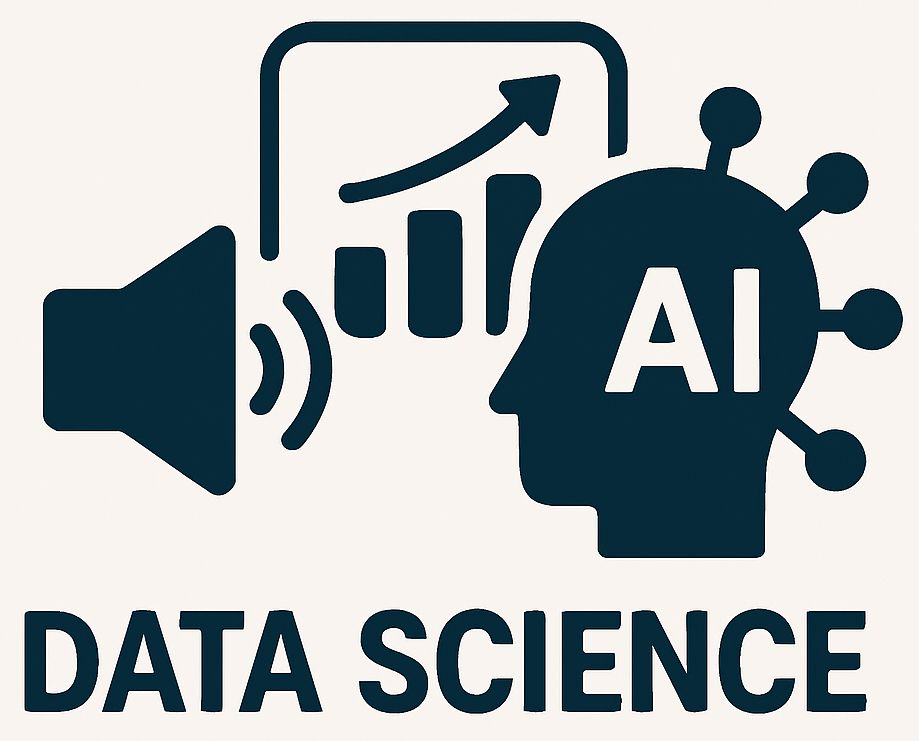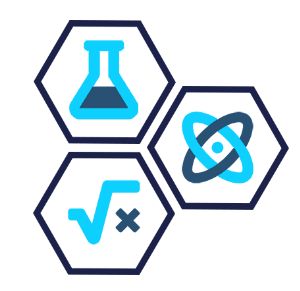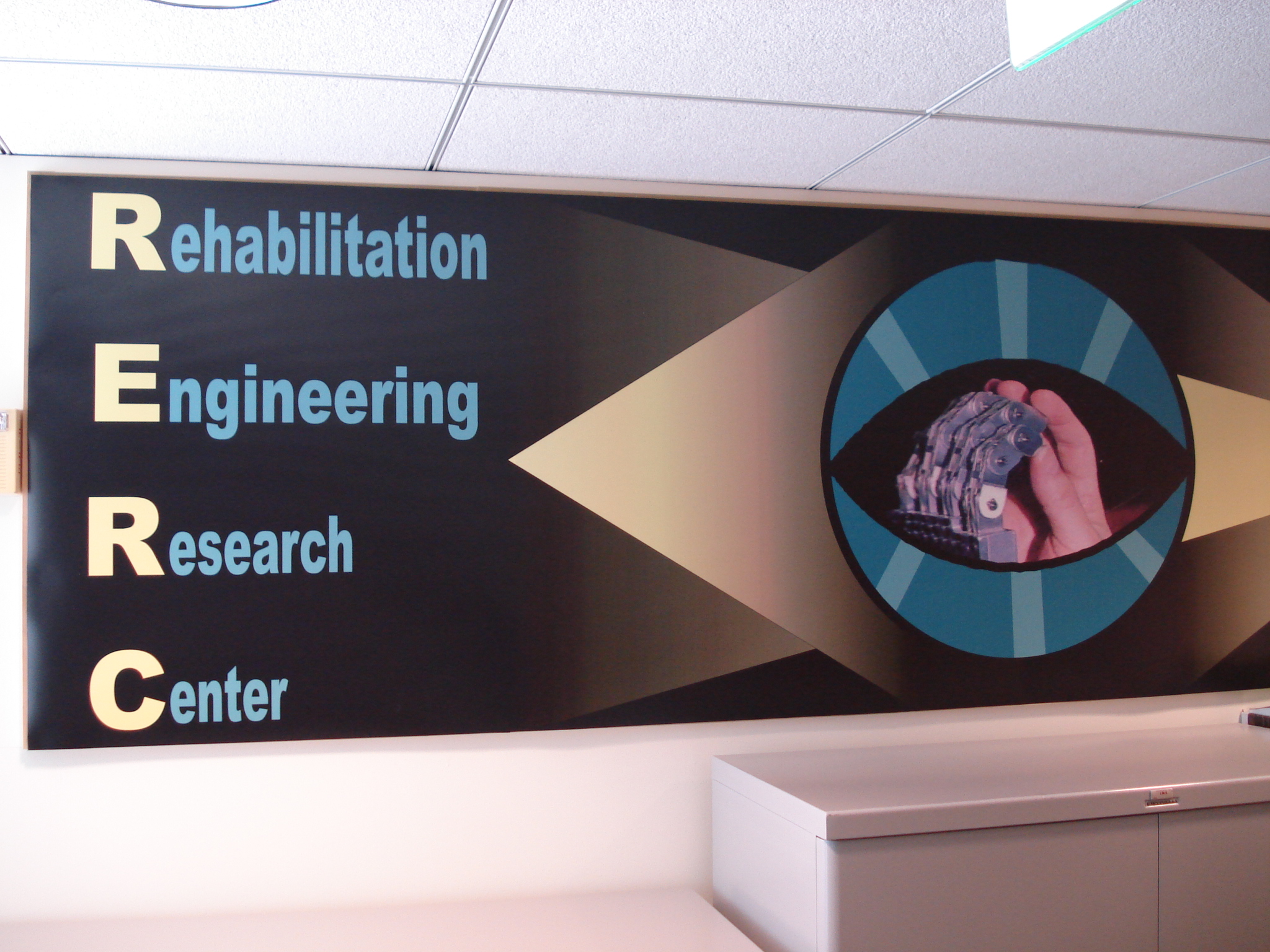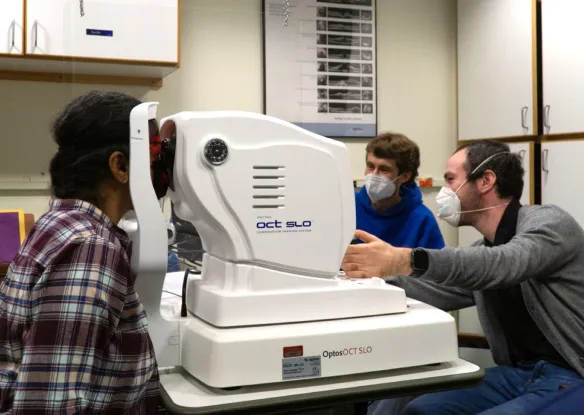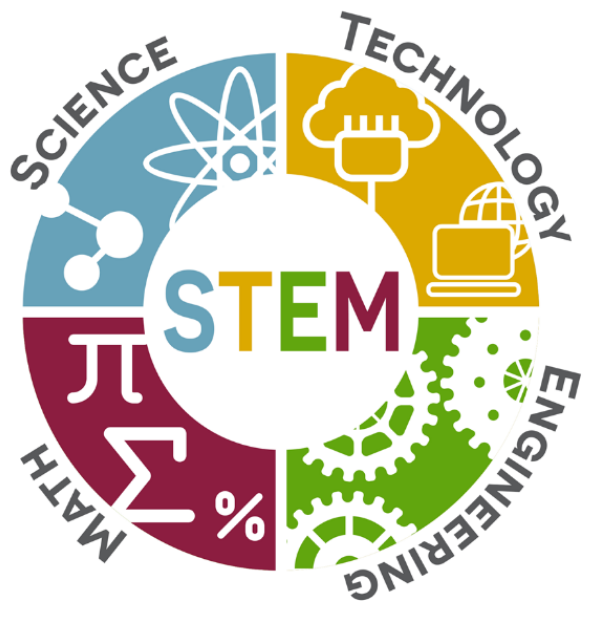

Principal Investigator:
James Coughlan
Principal Investigator:
Sile O’ModhrainAre you ready to unlock your potential and plunge into the captivating world of data science? The Smith-Kettlewell Eye Research Institute, the University of Michigan, and the University of Illinois at Urbana-Champaign are delighted to present a three-week online course dedicated to data visualization for blind individuals. The course is structured into four enlightening sessions, each 3 hours long, delivered online via Zoom. The cherry on the top? You’ll be learning from a blind professor who uses R for data science work!
Funding for this Smith-Kettlewell Summer Institute is provided by the Rehabilitation Engineering Research Center (RERC) on Blindness and Low Vision at the Smith-Kettlewell Eye Research Institute from the National Institute on Disability, Independent Living and Rehabilitation Research (NIDILRR).
Objective
Our primary objective is to equip blind individuals with the tools and knowledge necessary to independently analyze and visualize data, contributing to a more all-encompassing data literacy movement. By doing so, we aim to increase their effectiveness in their professional careers and bridge the representation gap in the data science field.
Course Description
This course is specifically designed for blind individuals to explore data science using R. It includes four interactive sessions, each 3 hours long, delivered via Zoom and led by a blind professor who’s an expert in using R for data science work.
While we can’t cover everything in the vast field of data science, our main focus will be on data visualization and exploration in non-visual ways. The concepts taught, while centered around R, can be easily applied to other programming languages such as Python.
Our target learners are those who require data visualization skills in their academic or professional journey. This includes faculty, undergrad/graduate students, programmers, analysts, engineers, and scientists. Due to the personalized nature of this course, we can only accommodate up to 10 participants. Selection will be based on the application and immediate needs of the participants.
Participation in pre- and post-course interviews and surveys, as well as completing a short assignment after each session, will be requested for research purposes.
You will learn:
• How to set up the data science environment, including installing R, VSCode, and configuring for broad usability.
• Basic concepts of data science workflows.
• How to create and explore multimodal data visualization in a non-visual fashion using R ggplot2 and maidr packages.
• How to share and effectively communicate with sighted people through your own data and visualization.
Eligibility
Participants must:
• Be 18 years or older.
• Be a US citizen or current resident.
• Be an everyday screen reader user (e.g,. JAWS, NVDA, VoiceOver, ORCA, etc.) using speech output and/or braille display.
• Have access to a laptop or desktop that can run Zoom, Visual Studio Code and R. (Note: All of these are free or open-source and we will help you get things set up prior to the start of the workshop.)
• Have access to a refreshable braille display or braille notetaker that can be connected to a computer and screen reader.
• Have a basic understanding of computer programming, such as variables, functions, loops, and package and data loading.
• Have an immediate need for data visualization skills in their academic or professional careers.
Instructor Info
Dr. JooYoung Seo, an assistant professor in the School of Information Sciences at the University of Illinois at Urbana-Champaign, will be your guide on this journey. He is a certified RStudio data science educator, a blind scientist, and he has contributed to various open-source data science projects to improve their usability. He is also closely collaborating with industry partners, including Posit (formerly RStudio), and the Microsoft VSCode team, to enhance the usability of data science tools and technologies.
Dr. Seo will be assisted by Dr. Sile O’Modhrain, Associate Professor of Music, School of Music, Theatre & Dance, and Associate Professor of Information, School of Information at the University of Michigan. Dr. Coughlan, Director of the Smith-Kettlewell Rehabilitation Engineering Research Center (RERC) on Blindness and Low Vision, will provide overall guidance in developing this course.
Course Outline
Session 1: Setting Up The Environment
We will use Visual Studio Code (VSCode) as our primary programming integrated development environment (IDE). You’ll learn how to set up your environment, including installing R, VSCode, and configuring for wide ranging usability.
Session 2: Data Science Fundamentals
You’ll learn the basic concepts of data science, including data importing, tidying, transforming, visualizing, and modeling.
Session 3: Data Visualization and Exploration
We’ll explore data visualization and how to interpret them non-visually. Tactile graphics will be prepared and shipped to you. You’ll also learn how to create data visualization using R ggplot2 package and explore the visualized data using dynamic sonification and a refreshable braille display.
Session 4: Data Visualization Do It Yourself
In the final session, you’ll be asked to bring your own data and create your own visualization.
How to Apply
Applications for the 2023 course are closed. Please keep an eye on this page for future offerings.
Dates of course:
The course will be offered across two weeks, with two three-hour sessions in each week, for a total of 12 hours.
One-on-one interviews will be conducted in the week beginning July 31.
Proposed program dates:
Interviews and screening: Tues Aug 1 and Wed Aug 2 (2 hours each)
Session 1: Monday Aug 7 (3 hours)
Session 2: Wednesday Aug 9 (3 hours)
Session 3: Monday Aug 14 (3 hours)
Session 4: Wednesday Aug 16 (3 hours)
Note: Times to be determined, likely 8-11am PT/11am-2pm ET.
We anticipate that the course will be offered again in subsequent years, with focus on different topics.

